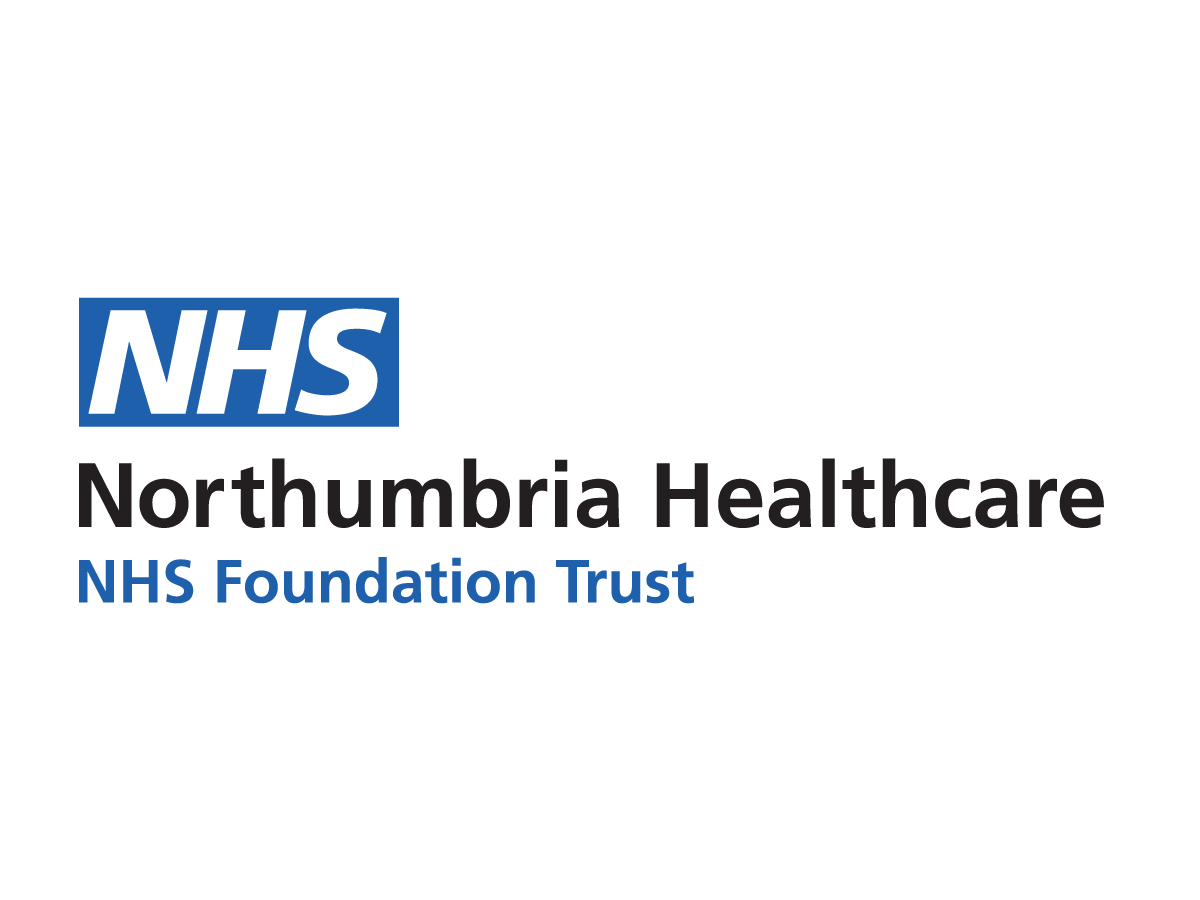Guideline Integration
Guidelines should make work easier…
Guidelines are written to provide clinicians with support when dealing with FAQs or common clinical scenarios
However they are often hidden within trust intranet pages or behind yet another login
We have developed our Guideline Integration process to take a trust guideline and blend it with our content, bringing the conciseness of Buku Medicine together with the specificity of the guideline. Furthermore with over 45,000 users it is likely that a large number of clinicians will already be using Buku Medicine.
All users have to do is choose your local specialty trust and the content adapts itself automatically
No more hunting for that web link or that password. Instead it can be at fingertips in seconds, saving critical time when it is at a premium
If you are an ICB or trust that would be interested in engaging with us please get in touch; info@bukumedicine.co.uk.
How it works
Our core content remains general information and appropriate for all users. If we host your trust’s guidelines however, users can choose their trust from a dropdown list and the content adapts automatically. You can choose different trusts for different specialties if your site is covered by different hospitals for different specialties.
In the example below, the high platelet module is adjusted when the user selects Northumbria as their trust, and referral criteria change from general, and needing discussion with the haematology service, to specific. This allows improved efficiencies in the patient pathway and reduces clinician workload
With the addition of specific referral criteria we can also now add flowcharts to improved the user experience further (examples below from Northumbria Healthcare NHS trust)
Integrate your guidelines into Buku Medicine
In a time of significant time and financial pressures, the guideline integration process can take as little as 3 weeks to implement with our team doing almost all of the work, with only 20-30 minutes of trust/ICB specialist time needed per guideline.
We have worked with the Innovation team at Northumbria and the clinical haematology department (where Alex is a consultant) and in January 2025, local users became able to access guidelines in seconds.





